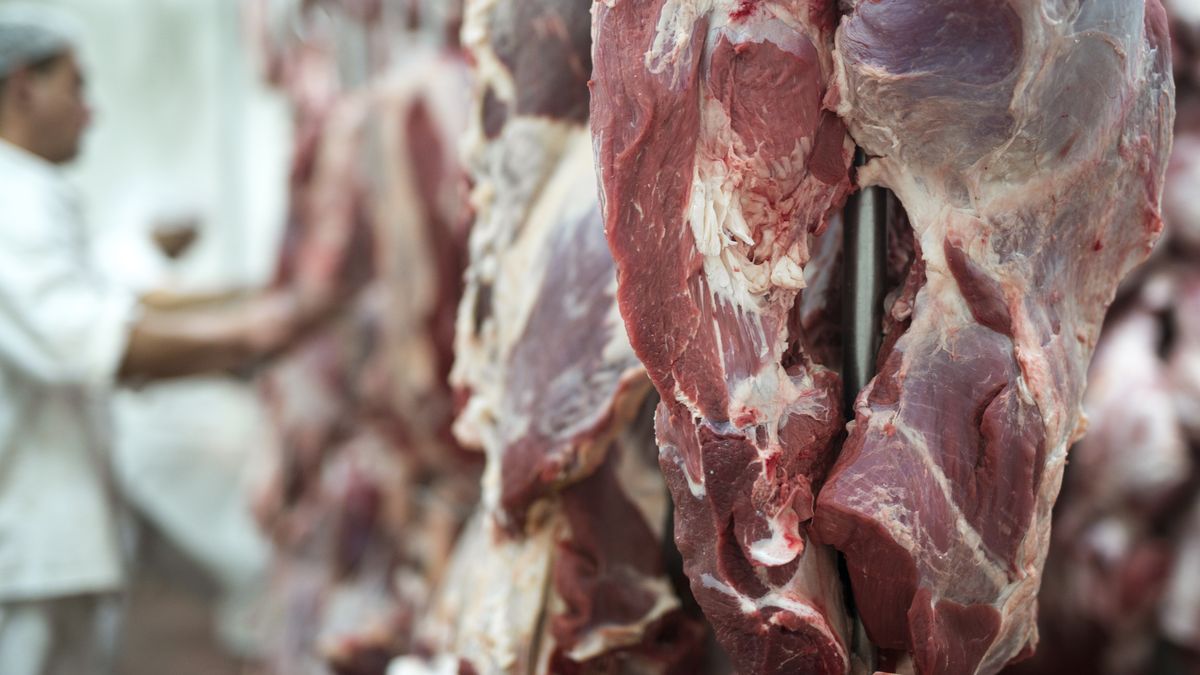He meat export price of Uruguay continues to rise, mostly driven by a slaughter that remains low, but the replacement market suffers from the effects of extreme drought and the lack of pasture for cattle.
The average price of the ton of meat exported for the last 30 days rose for the sixth week in a row and exceeded $4,500 for the first time since November 2022 according to the IMEx indicator of the National Meat Institute (INAC). It rose 13.5% from the floor of $3,971 on January 21, as reported by Blasina and Associates.
He fat steer price it shot up in the last week, reaching 4.30 and 4.35 dollars per kilo carcass, and even exceeding 4.40 dollars in the cases of volume operations and very well finished animals, close to 550 kilos.
This jump in the price found reasons in the demand of the refrigeration industry for a week he showed great movements; and also generated a growth in the price gap with cows, which are quoted in the axis of 3.60 dollars for general cattle and 3.80 dollars for point animals, between 20 and 30% below from the values of a year ago —being the category most pressured by the wide supply, the climate and the scarcity of pastures.
Meanwhile, the calf harvest began ahead of time, with a large supply —24,000 heads in the reference catalogue— and a downward price correction of between 1.5% and 14%.
A task that falls between the doubts of China
Although the market maintains its trend and prices are firming up, cattle slaughter fell for the third week in a rowalthough it remained above 45,000 heads, a floor from which it has not come down for six weeks.
Also, for the first time since June of last year, the monthly slaughter of cattle exceeded 200 thousand heads. The INAC data for this Monday indicate that the industry processed 45,173 cattle in the week of February 24 to March 4, and 201,229 cattle in the shortest month of the year.
In parallel, the situation of Brazil facing the Chinese market still has a question mark. Brazil had expectations that this very week China authorized to resume the import of meat from that country, suspended since February 23 due to an atypical case of mad cow, but that did not happen.
It could take longer than producers and the industry project, considering that the Minister of Agriculture, Carlos Favarowill travel to China between March 20 and 22, one week before the official visit to Beijing that the president Lula da Silva It is scheduled for March 28.
In February the export of meat from Brazil decreased 16% in volume and 29% in currenciesaccusing a first impact of the suspension, which will be more eloquent in March.
Source: Ambito




